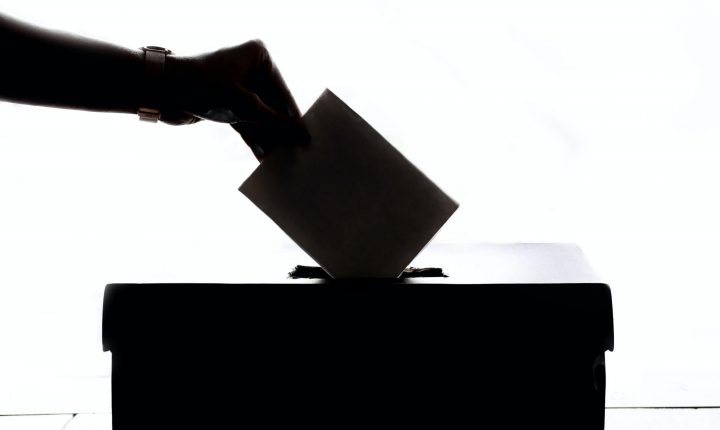This is how you influence the elections
September 22, 2020

Three tips for lobbying in the run-up to the Dutch elections
On September 1st, 2020, the Public Affairs community of Omnicom PR Group provided some insights into the process surrounding the elections to the House of Representatives (Tweede Kamer) occurring in March 2021, in a webinar. Alexander Rinnooy Kan, former Senator and member of the D66 election programme committee, and Jacques Bettelheim, Director of Public Affairs at Omnicom PR Group, elaborated on the influencing process during the webinar.
Most party boards will present their party programmes to their members on short notice. But what can you do to influence the content of these election programmes? And what will you do after these programmes have been completed? We would like to give you these three tips:
1. Programme committees are very open to input
The programme committees always have a big job ahead of them. Because they don’t always have all the knowledge needed to write a covering programme—some subjects are extremely complex—these committees are often very open to input from (specialist) third parties. Of course, the ideals of these parties have to be taken into account. The better the input matches the ideals of the party, the greater the chance that a place will be freed up in the programme.
Effective input has the following characteristics: short, powerful and profound.
2. Make use of ‘campaign mode’
Between the presentation of the party programmes and the elections, everyone is in ‘campaign mode’. You can make good use of this opportunity. For example, you can organise an event that is relevant to certain target groups, which in turn are relevant to candidate MPs and list leaders. This increases the chance of these people attending your event and hearing your arguments for a particular point of view. We recommend combining this with a strong media strategy to ensure visibility for all participants. Remember to invite the entire political spectrum to your event, so that you offer fair opportunity to all.
3. After the elections, focus on subject matter experts within the party
During the formation negotiations you can send a letter to the (in)formateur (the person appointed to form government), although this often turns out to be ineffective. Influencing during formations remains difficult – not in the least because parts of the various election programmes are also negotiated. Experts (such as policymakers) from within the party play an important role in this, so focus on them as well. Even better, build up a sustainable information-sharing relationship with them.
Of course, we are happy to speculate on the outcome of the forthcoming elections. A peek into Jacques Bettelheim’s crystal ball:
The VVD will remain by far the largest party. At D66 there will be the ‘Sigrid effect’ and the two competitors on the right (PVV and Forum for Democracy) will be the same size. CDA and PvdA will remain relatively modest middle parties, while GroenLinks and SP will become smaller. The ChristenUnie will rise slightly. His conclusion: even after the upcoming elections, the Dutch political landscape will remain strongly fragmented.
Wondering what your Public Affairs strategy might look like? If so, please contact: [email protected].
Photo by Element5 Digital via Pexels.